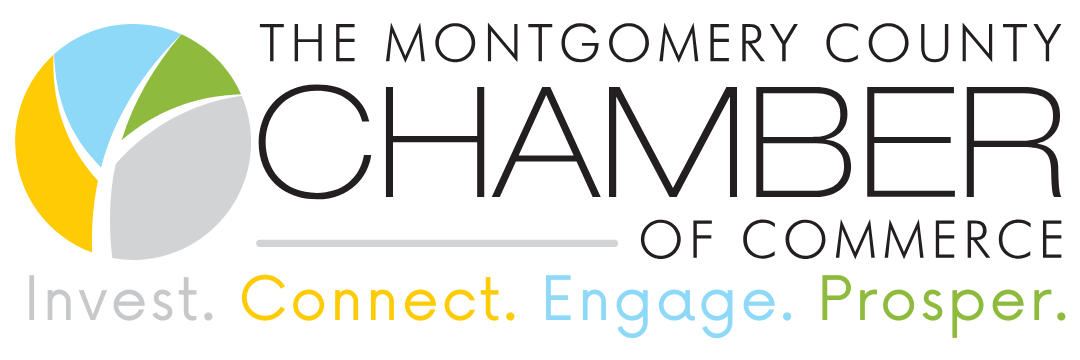Podcasting in Marketing: The Pros and Cons
Podcasting in Marketing: The Pros and Cons
In today’s digital landscape, podcasts have emerged as a powerful and innovative marketing tool. As businesses continuously seek ways to connect with their audiences, podcasts offer an intimate and engaging platform for storytelling, brand positioning, and thought leadership. But like any marketing tool, they come with both advantages and challenges. In this blog post, we’ll explore the pros and cons of using podcasts as a marketing strategy for business owners.
The Pros of Podcasts as a Marketing Tool
-
Personalized and Engaging Communication
Podcasts allow businesses to create long-form content that offers a more personalized and intimate experience than many other marketing channels. Unlike written content or quick social media posts, podcasts give you time to delve into a topic, tell stories, and build rapport with listeners. This connection can foster trust and loyalty among your audience. -
Expanding Reach and Audience Growth
One of the biggest advantages of podcasts is their potential to reach a diverse and global audience. With podcast platforms like Apple Podcasts, Spotify, and Google Podcasts, you can easily distribute your content to millions of listeners. For businesses looking to expand their reach, this can be a cost-effective way to gain exposure beyond local or regional markets. -
Thought Leadership and Authority Building
By regularly hosting a podcast, business owners can establish themselves as thought leaders in their industry. Discussing relevant topics, interviewing experts, or providing valuable insights can position you as an authority, thereby increasing your credibility. Thought leadership can be a powerful way to attract new customers, business partnerships, and media attention. -
SEO Benefits
Podcast episodes, when paired with show notes, transcriptions, or blog content, can improve your website’s SEO. Each episode creates the opportunity for keyword-rich content that can be indexed by search engines, helping your brand appear in more searches related to your industry or niche. -
Repurposable Content
Podcasts are versatile and can be repurposed in many ways. You can turn episodes into blog posts, video snippets, or social media content, which helps you maximize the value of your podcast content across various platforms.
The Cons of Podcasts as a Marketing Tool
-
Time-Consuming Production
One of the major drawbacks of podcasting is the time investment required to produce high-quality episodes. From researching topics, booking guests, and recording episodes, to editing and promoting the content, creating a successful podcast demands considerable time and resources. For small business owners, this can take time away from other core activities. -
Requires Consistency
Like most marketing strategies, consistency is key in podcasting. Audiences expect regular episodes, whether that’s weekly, biweekly, or monthly. Inconsistent publishing schedules can hurt audience retention and diminish the trust you’ve worked to build. Committing to a regular schedule may be challenging for business owners with limited time. -
Limited Immediate ROI
While podcasts are excellent for building relationships and long-term brand awareness, they may not provide the immediate ROI that some businesses expect. Unlike direct advertising, where results are easier to track, the benefits of podcasting are more subtle and long-term, making it harder to measure the direct impact on sales or revenue. -
Technical Barriers
Getting started with podcasting may feel daunting for those unfamiliar with the technical aspects of audio recording, editing, and distribution. It can require investment in equipment, software, and hosting services. Although there are many user-friendly platforms available today, the learning curve and initial costs might still be a barrier for small businesses. -
Audience Building Takes Time
While podcasts have a vast audience potential, building that audience is not immediate. It takes time to cultivate a loyal listener base, especially in a crowded podcasting space. For businesses expecting quick results, this can be frustrating. Growing a podcast requires consistent promotion, word-of-mouth, and cross-marketing to increase listenership.
Podcasts can be a highly effective tool for business owners looking to deepen relationships with their audience, establish thought leadership, and expand their reach. However, the time and resources required for successful podcasting, coupled with the long-term commitment needed to build an audience, are important factors to consider before diving in.
For business owners, the key is to weigh these pros and cons in relation to your goals, resources, and marketing strategy. Done correctly, podcasting can be a rewarding endeavor that adds significant value to your brand over time.
Links for More Information:
- A Beginner's Guide to Podcasting for Business
- How to Start a Podcast and Build an Audience
- Podcast Marketing Strategy Tips for 2024
With these resources, you can dive deeper into the world of podcasting and learn how to integrate it into your marketing strategy effectively.

